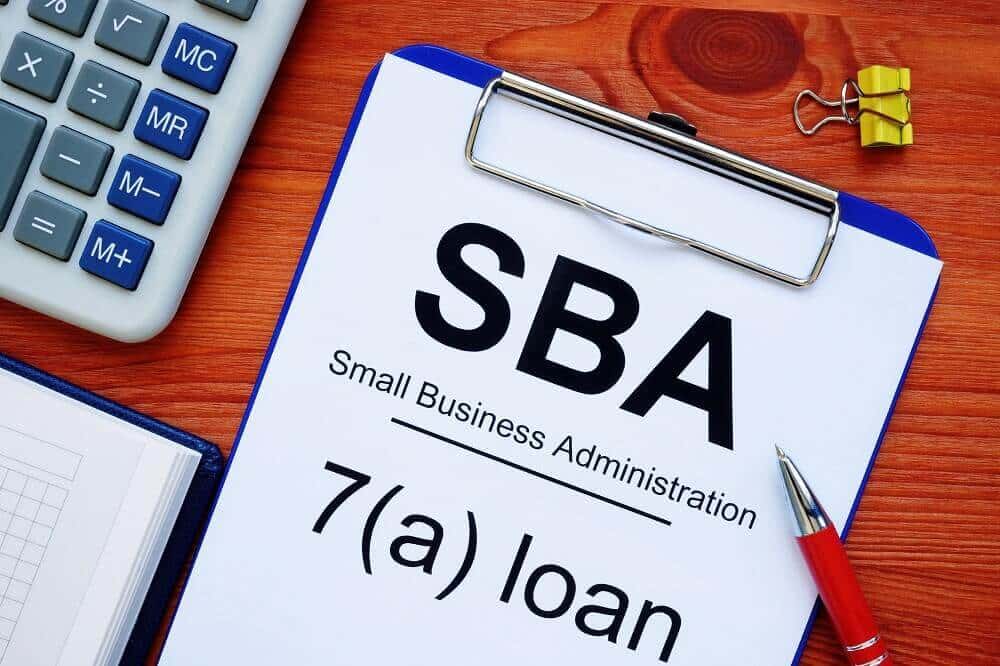Change is the heartbeat of progress, and even the SBA makes progress. Effective August 1st, 2023, the SBA updated its SOP with new rules simplifying SBA 7a business acquisition loans and easing serval restrictions on lending terms and requirements. These new rules are great news for both business sellers and buyers using SBA financing to buy or sell a business and offer more flexibility on transactions with SBA financing.
First, it is important to understand that the SBA does not itself provide financing or SBA loans. The SBA is the federal agency regulating SBA lenders and providing loan guarantees to SBA lenders. It empowers SBA lenders (banks) by offering loan guarantees, reducing risk, and encouraging capital infusion into small businesses. Pacific Business Sales comprehends the intricate interplay between regulations and lending, becoming the bridge connecting your acquisition goals with SBA lenders and aiding in a better outcome for both buyers and sellers.
Below is a summary of the New SBA rules announced for 2024.
- Partial Sale of Business Allowed: Breaking free from the constraints of the past, the new SBA rules enable business owners to embrace fractional ownership. Sellers can maintain roles as stockholders, officers, directors, key employees, or consultants while ushering in fresh partnerships. Pacific Business Sales is your partner, helping negotiate the terms and conditions that elevate value through expertise.
For example, an owner could sell say 60% of his company to a new owner or new partner, or a smaller percentage to a key employee interested in an ownership position in the company. Many lenders believe there is a requirement for the Seller to be a guarantor on the loan if they own 20% or more of the business because this is a general condition for all SBA loans. The general consensus is that the seller does not have to be a guarantor on the loan if their equity retained is less than 20%. - Seller Staying on as Employee after Sale
The new SBA rules now allow sellers to remain involved as an employees or consultants indefinitely. Previous SBA regulations only allowed the seller to be involved in the business for 12 months after the sale. This new provision was announced on August 1st, 2023; however, SBA lenders are asking for clarification on this, and many are not implementing this rule until the SBA provides additional guidance. - Minimum Down Payment and Equity Injection
The new SBA rules in 2023 now allow a down payment as low as 2.5% or 5%, with a Seller Note to make up the difference for a 10% total down payment. While this new rule is in place, the decision to reduce the buyer equity injection (down payment) to less than 10% is up to the SBA lender. Few SBA lenders have been willing to lower the down payment below 10%, except in special circumstances, thus 10% remains the most common down payment requirement.
If the Buyer’s down payment is reduced below 10%, SBA rules require the Seller to carry a Seller Note for the difference and require that note to be on “stand by” for 24 months. The standby requirement means that no payments can be made on the Seller Note for 24 months after closing and the loan must be amortized over the remaining term of the SBA loan with no balloon payments.
For example, a $1 million transaction requires a $100,000 down payment. If the Buyer put $50,000 down (5%) the Seller would have to carry a $50,000 Seller Note (financing) at an agreed interest rate, with no payments for 24 months after closing. - Forgivable or Conditional Seller Notes are allowed
A Forgivable or Conditional Seller Notes are now allowed; they are tied to specific conditions such as sales revenue being met in the future. Should the conditions not be met the Note or a portion of it is forgiven or reduced. These are useful when a premium is being paid for a business and the buyer wants to ensure the expected future financial performance happens, or when the value of the business is higher than what the bank can lend on. - Seller as a License Holder
The rule requiring the buyer to hold the necessary license to operate the business remains in place. - Personal Resource Test is Eliminated
Past SBA rules included a personal resource test where the borrower’s financial position was reviewed to see if they needed an SBA loan. With this test, some well-qualified buyers were “overqualified” in that they had too much cash and/or assets and were deemed SBA financing. This test has been removed. - Insurance Requirements Changed
Life insurance and hazard insurance are no longer dictated by SBA rules and are left up to the SBA lender internal policies.
A Partnership of Success
As the new era of SBA rules is embraced, remember that innovation thrives with those who adapt and leverage expertise. With Pacific Business Sales by your side, the journey of business acquisition becomes a venture toward growth and prosperity. Embrace the opportunities these changes bring and trust Pacific Business Sales to navigate you toward a successful outcome.





